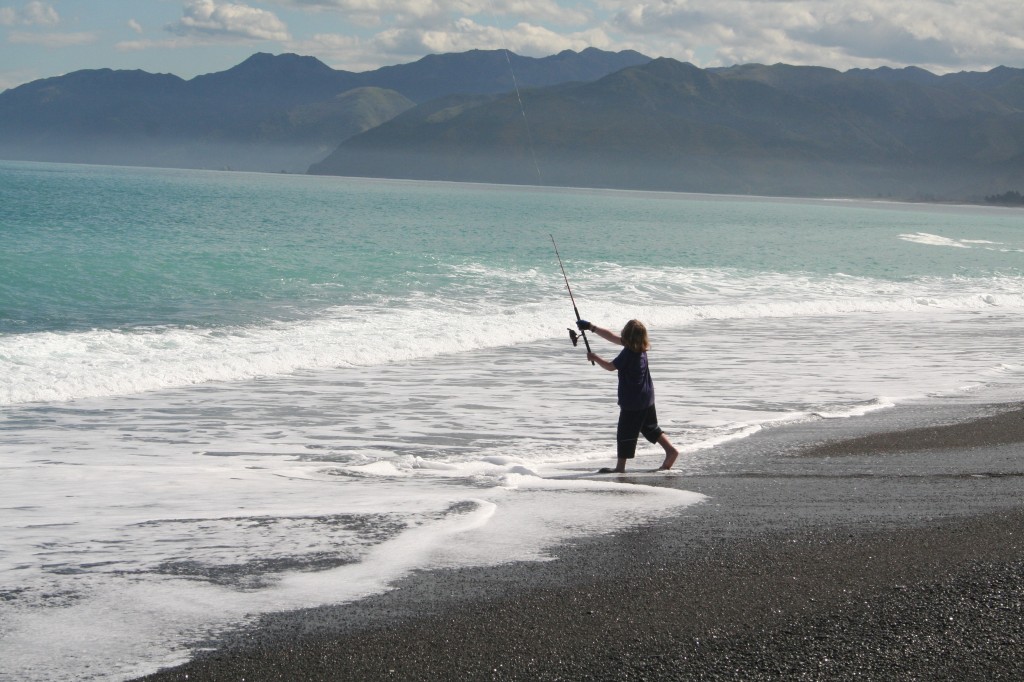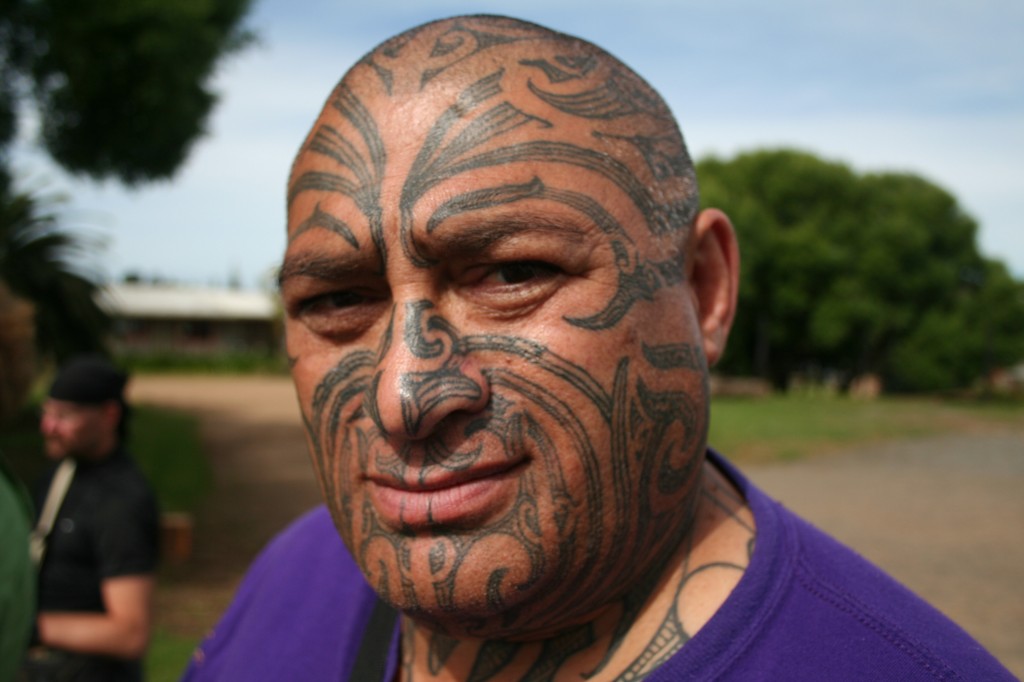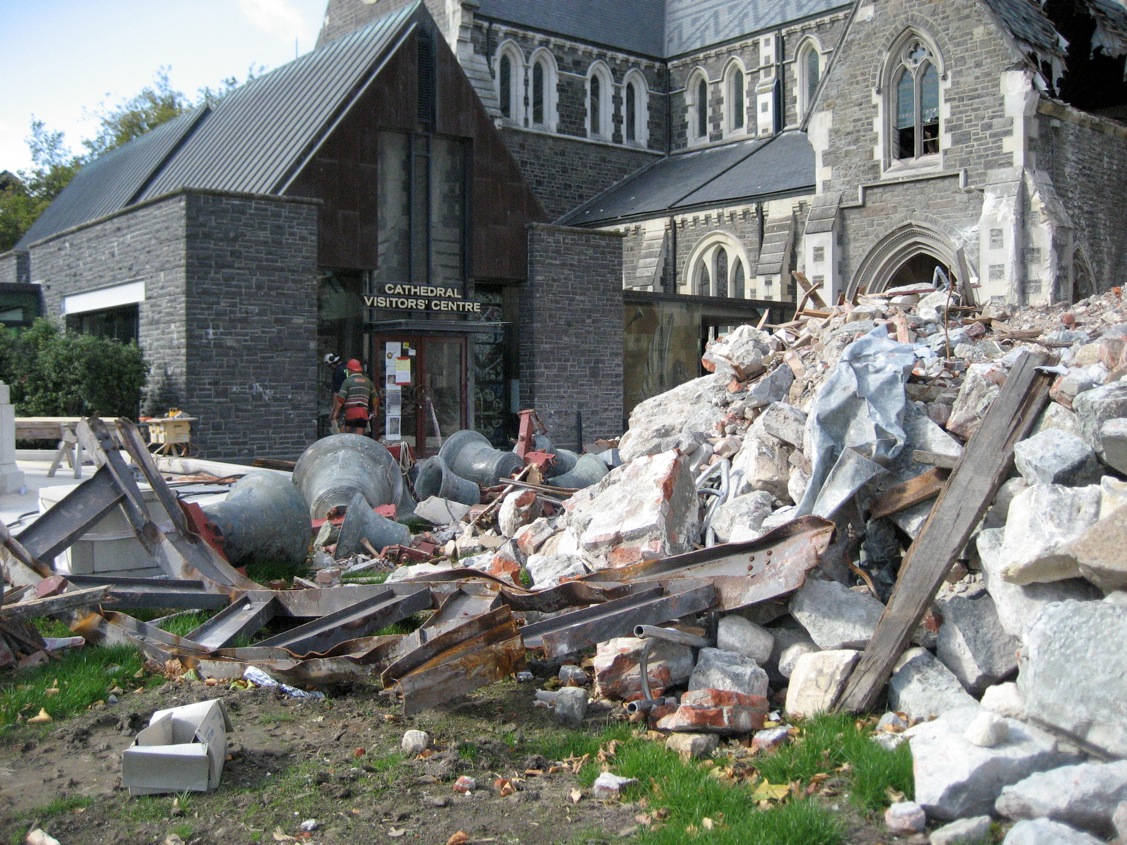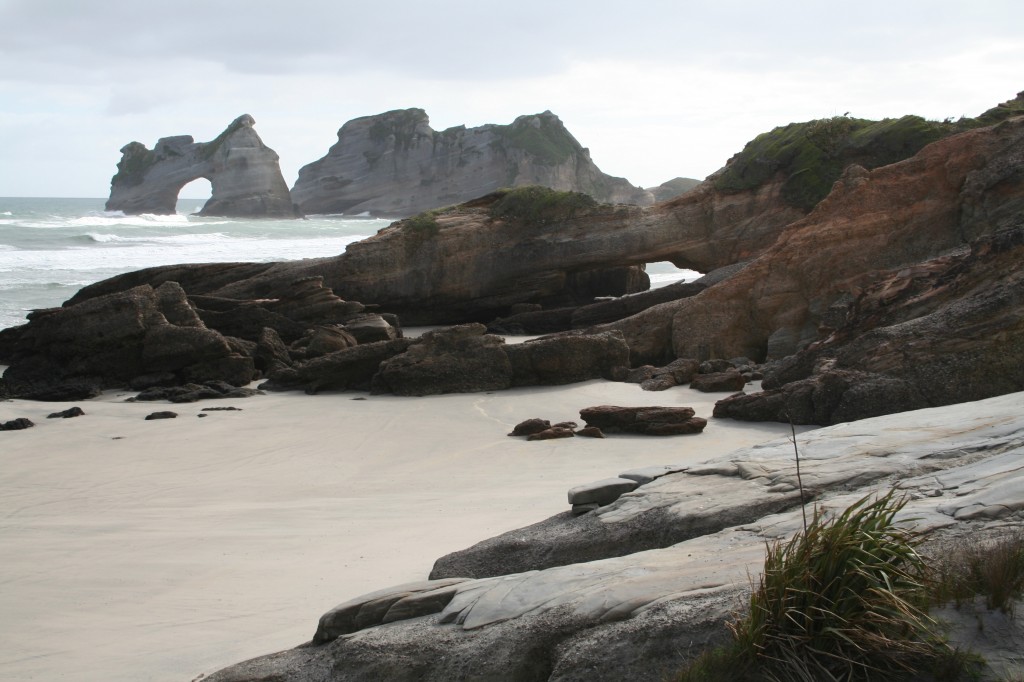We’re nearly at the end of our Maori tour of New Zealand. Before leaving this beautiful land behind, I want to tell you about our last two days in the Bay of Islands region, located a short drive from the Waipoua Forest. While the area is renowned for its gorgeous islands, it’s also the site of the Waitangi Treaty Grounds, which preserve the site of the 1840 pact that ended hostilities between the Maori and Europeans and gave birth to the modern nation of New Zealand. Its elaborately carved meeting house, the most magnificent in the nation, sits on a hill overlooking the bay.
Two tour companies near the treaty grounds gave us new insights Maori culture. The first, Living Maori Today, took us to a small native community on an isolated peninsula, where our crew split into smaller groups and joined local residents in their homes for a meal and discussion of contemporary Maori life.
Over a delicious lunch, we learned that contemporary Maori are in many ways very similar to other Kiwis. They struggle with rearing children, making a living, and keeping families intact. I was pleased to see that many of these Maori are clearly doing quite well: one of the men owns two businesses in Aukland, for example, and hosted us at his second home on the peninsula.
But the distinctiveness of Maori culture was also visible. Our hosts spoke about the importance of tribal connections in their lives and how they’re trying to instill in their children a sense of pride in being Maori. Before we departed, we gathered again as a larger group and talked with our hosts about our experiences. Formal speeches were given and songs sung (I’ve never experienced a culture that likes ceremonies as much as the Maori). Then we ended with a prayer led by an elder in the community. There was an incredible sweetness to that sun-drenched day, and the memories of it still warm me as I remember it.

Finally, on our last day in New Zealand we took a canoe ride with Hone Mihaka, a Maori chief who invites visitors to join him for a variety of interactive cultural experiences through his company Taiamai Tours. After learning how to paddle a canoe to the beat of traditional songs, Hone took us to a meeting house built in the style of a century ago, where he and his family described how they are seeking to follow the old ways while still living a modern life.
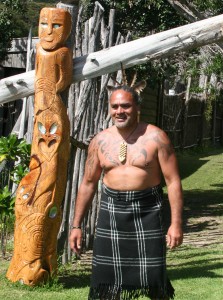
“My people have lost a great deal, but I have hope for the future when I see my 12-year-old grandson learning the old ways,” Hone said.
I was very impressed by that grandson, particularly after I heard more about his story. Hone explained that ten years ago he had asked his daughter if he and his wife could raise their oldest grandson. His daughter was naturally reluctant, but agreed, for there is a long tradition in Maori culture of grandparents being given the oldest grandchild to raise. The reason is that it ensures that there will be at least one person in every generation who is deeply knowledgeable about the traditions of the culture.
“Too many of my people are too busy to listen to the old stories and learn the old ways,” Hone said. “That is why I asked to raise my grandson, so that he can help carry our culture into the future.”
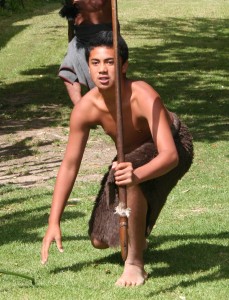
We learned that the young man has already traveled abroad as a cultural ambassador for his people. Fluent in Maori and possessed of remarkable poise and self-confidence, he is clearly a person with growing mana (respect and prestige).
As a mother, I think of how I would have felt if my parents had asked for my oldest son to raise. Living in a tribal culture certainly has its costs as well as its benefits.
And yet, there is a deep wisdom to this pattern, as is evident in seeing Hone’s grandson. Of all our experiences in New Zealand, meeting him gave me the most hope for the future of the Maori. If these people can produce young people like this young man, I have no doubt they will thrive.






